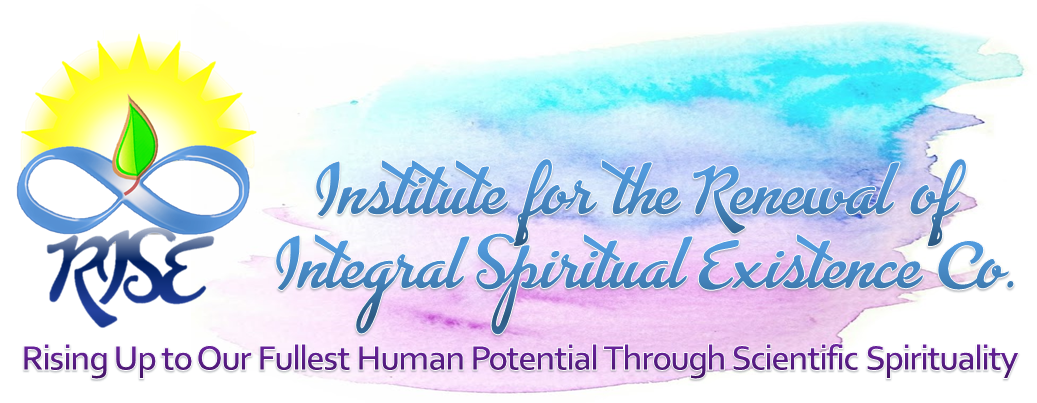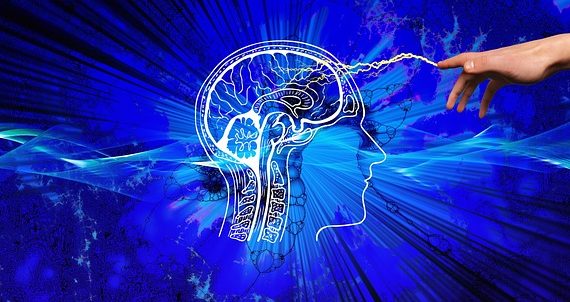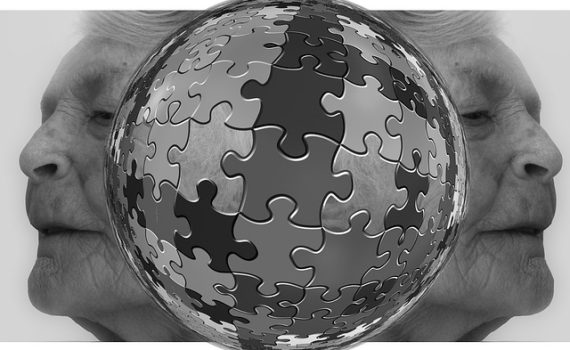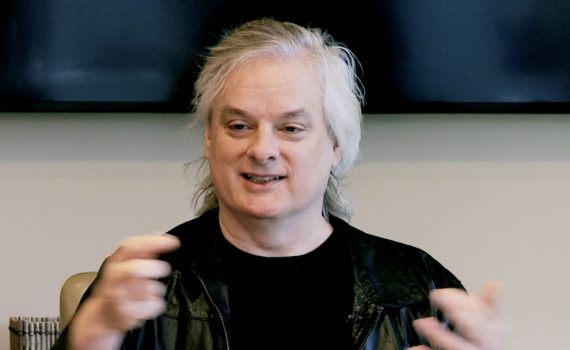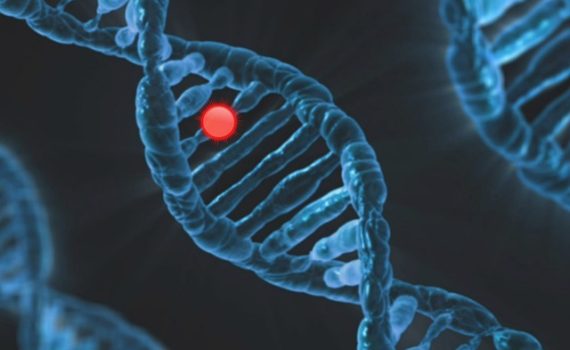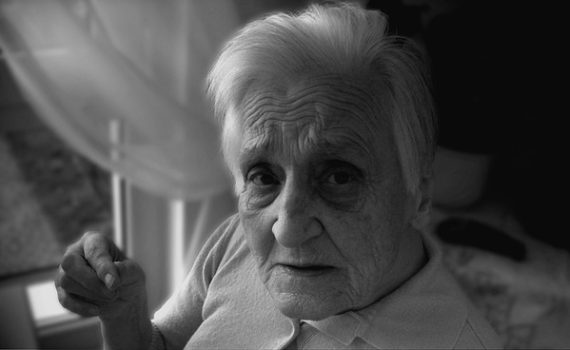Researchers at Tohoku University have found that fungi exhibit signs of decision-making and memory, challenging traditional views on intelligence in organisms without brains. The study observed how a wood-decaying mycelial network responded to different arrangements of wood blocks, revealing that the fungi adjusted their growth patterns based on the layout. […]
SECOND AND MORE SPIRITUAL SCIENTIFIC REVOLUTIONS
The article discusses the mental health benefits of engaging with nature, highlighting a 24-kilometer walk in Kielderhead National Nature Reserve, England. Research indicates that proximity to nature correlates with lower mental health issues, and daily interactions with natural elements can significantly enhance well-being. The hike starts early to maximize morning […]
The article delves into the intricate relationship between the mind, brain, and body, emphasizing that the mind is not static but an ongoing construction influenced by external sensory data, internal bodily signals, and past experiences. It challenges traditional views that assign specific mental functions to distinct brain regions, instead arguing […]
“The Holotropic Mind” by Stanislav Grof explores the complexities of human consciousness through a framework that identifies three distinct levels: the biographical, the perinatal, and the transpersonal. Drawing from over fifty years of research into non-ordinary states of consciousness, Grof argues that these levels shape our psychological experiences and emotional […]
The article explores the essential role of storytelling in helping individuals and societies make sense of their experiences and the world around them. It illustrates how narratives, whether personal anecdotes or cultural myths, provide frameworks for understanding social norms and unexpected events. Through examples from the Kri community in Laos, […]
The Supraconsciousness Network presents the Integrated Theory of Consciousness, which posits that a singular, infinitely energetic substance underlies the universe, encompassing six interdependent properties: matter, energy, space, time, consciousness, and intelligence. This theory integrates concepts from quantum mechanics, general relativity, and evolutionary biology to propose that consciousness is not merely […]
In “The Paradox of Self-Consciousness,” Markus Gabriel examines the intricate relationship between self-awareness and our understanding of consciousness within the broader context of the universe. He argues that self-consciousness presents a fundamental paradox: as we reflect on our own thoughts and experiences, we inevitably alter our mental state, complicating our […]
In “The Language of Mind,” David Chalmers discusses the complexities of consciousness, particularly in relation to both human and AI systems. He distinguishes between the “hard problem” of consciousness—understanding how subjective experiences arise from neural processes—and the “meta-problem,” which examines why we perceive consciousness as a problem at all. Chalmers […]
In “Evolution and the Transcendence of Mind,” Theodore Roszak critiques conventional Darwinian views of evolution as a mindless process driven solely by random genetic variation and natural selection. He argues for a more nuanced understanding that recognizes a “vertical” evolution towards greater complexity and consciousness, as exemplified by the human […]
The article discusses the crucial role of microbial mats as foundational elements of Earth’s biosphere, highlighting their resilience and ability to regulate planetary conditions over billions of years. These complex communities, found in diverse environments such as hydrothermal vents and arctic ice, operate through intricate interactions that recycle essential elements […]
The article discusses the alarming decline of the human Y chromosome, which is essential for male sex determination, as it has lost around 900 genes over the past 166 million years and could potentially vanish within the next 11 million years. However, a recent study on the Sry-deficient Amami spiny […]
The article discusses a paradigm shift in understanding Alzheimer’s disease, suggesting it may not be primarily a brain disorder but rather an autoimmune condition driven by the brain’s immune response. Donald Weaver, a researcher at the Krembil Brain Institute, argues that beta-amyloid, traditionally viewed as a harmful protein, is actually […]
